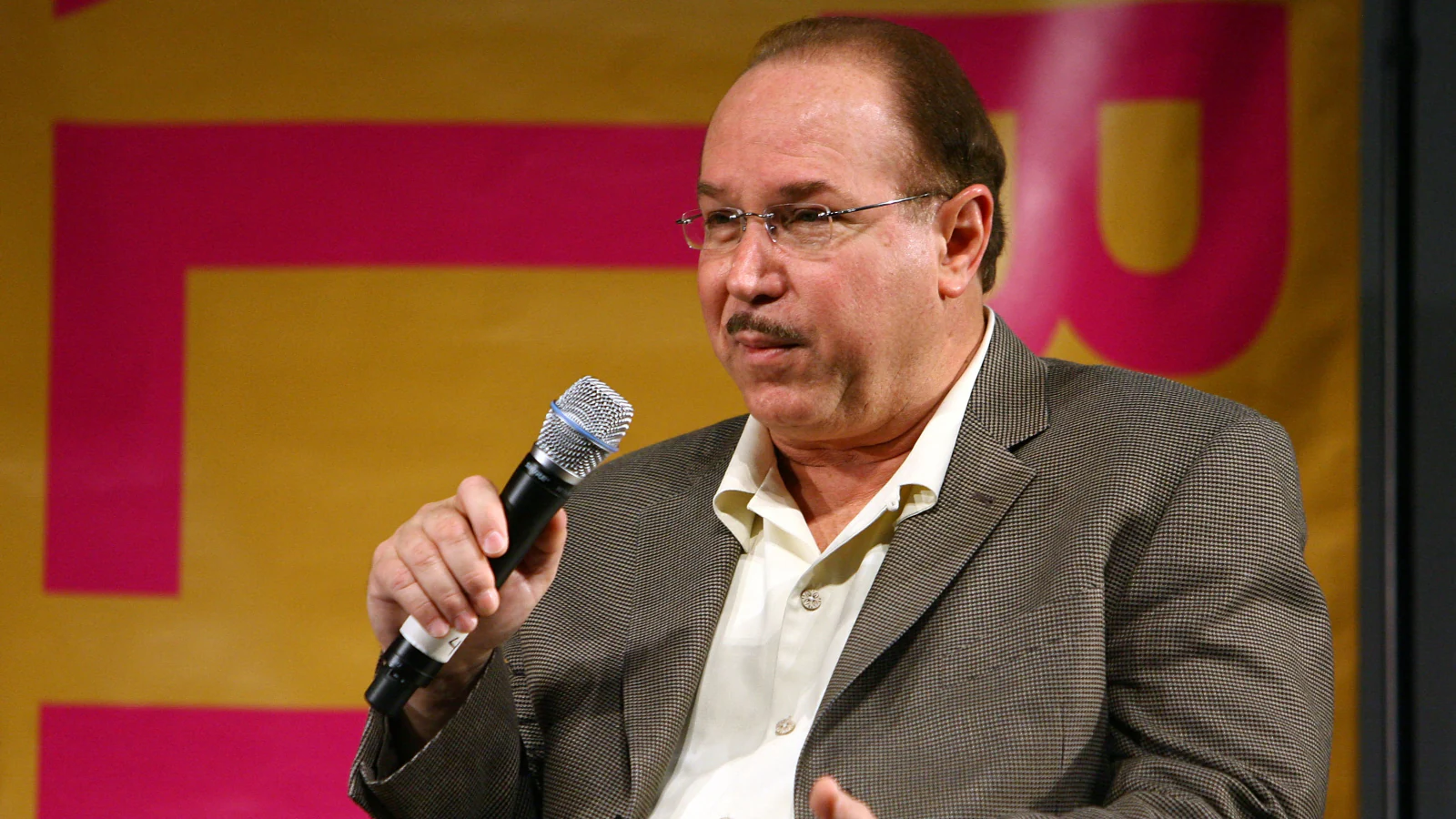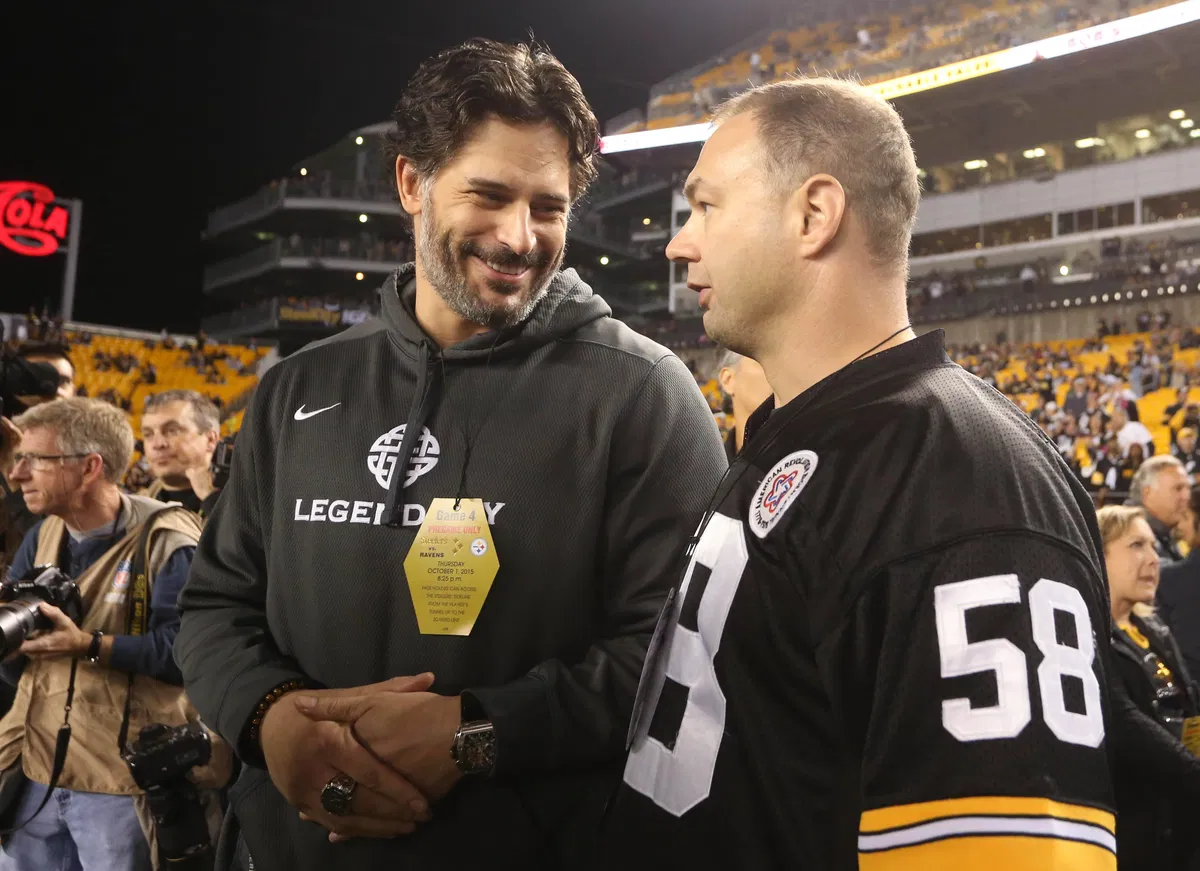Copyright news18

Victor Conte, known for his involvement in the BALCO doping scandal that affected athletics and baseball in the early 2000s, passed away on Monday at the age of 75, according to a statement from his company. “We are heartbroken by the passing of our fearless leader,” announced Conte’s SNAC sports nutrition company on Twitter, alongside a picture of Conte. “Your memory will forever live in our hearts,” the post added. Conte served four months in prison in 2005 for his role in the BALCO scandal, which implicated baseball stars Barry Bonds and Jason Giambi, and led to the downfall of Olympic track and field star Marion Jones. Founded in 1984, Conte’s Bay Area Laboratory Co-operative (BALCO) became synonymous with sports doping. BALCO chemists developed a doping regime combining multiple performance-enhancing substances that largely went undetected by drug testers. The company was exposed in 2003 when the United States Anti-Doping Agency (USADA) received a syringe containing traces of a previously unknown substance. It was later revealed that Trevor Graham, the sprint coach of US Olympic stars Marion Jones and Tim Montgomery, had sent the syringe. As the investigation progressed, several athletes were implicated, including British sprinter Dwain Chambers. Jones eventually admitted to lying to federal agents about her use of performance-enhancing substances after years of denials. She was stripped of the three gold medals won at the 2000 Sydney Olympics and served around six months in prison in 2008 for lying to investigators in the steroid case and her involvement in a check fraud case. The BALCO scandal also affected baseball, with players such as Jason Giambi, Jeremy Giambi, Armando Rios, and Benito Santiago testifying before a federal grand jury about using steroids provided by Greg Anderson, the personal trainer of San Francisco Giants star Barry Bonds. Bonds testified that he had unwittingly used steroids administered by Anderson, thinking they were flaxseed oil and a rubbing balm. Conte later sought to rehabilitate his image, presenting himself as an anti-doping advocate who supplied information to the World Anti-Doping Agency (WADA) to help combat drug cheats.



